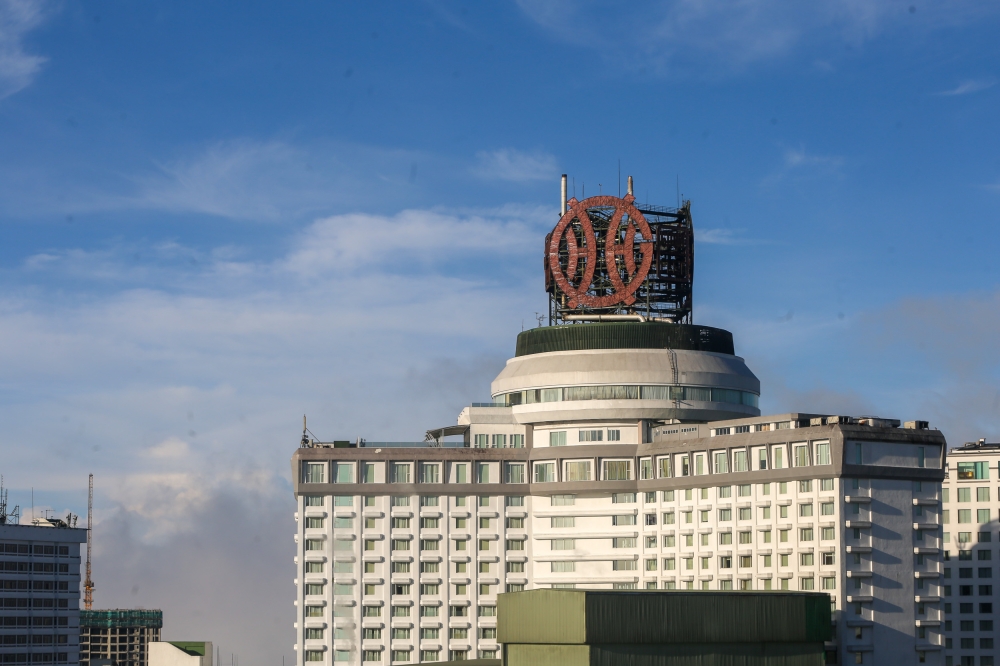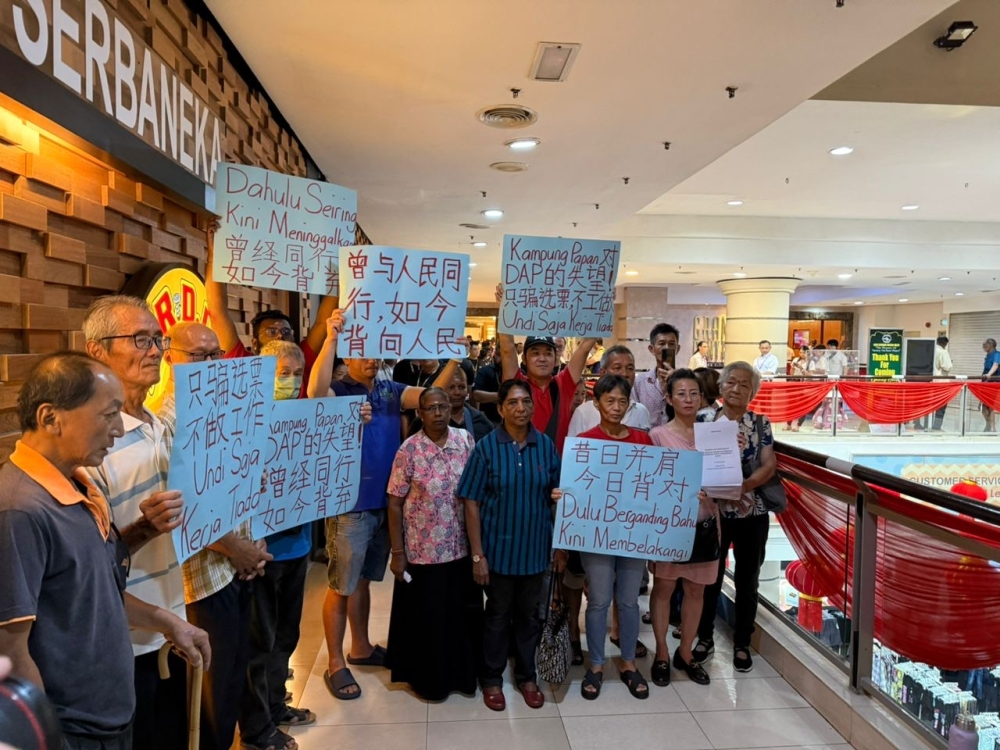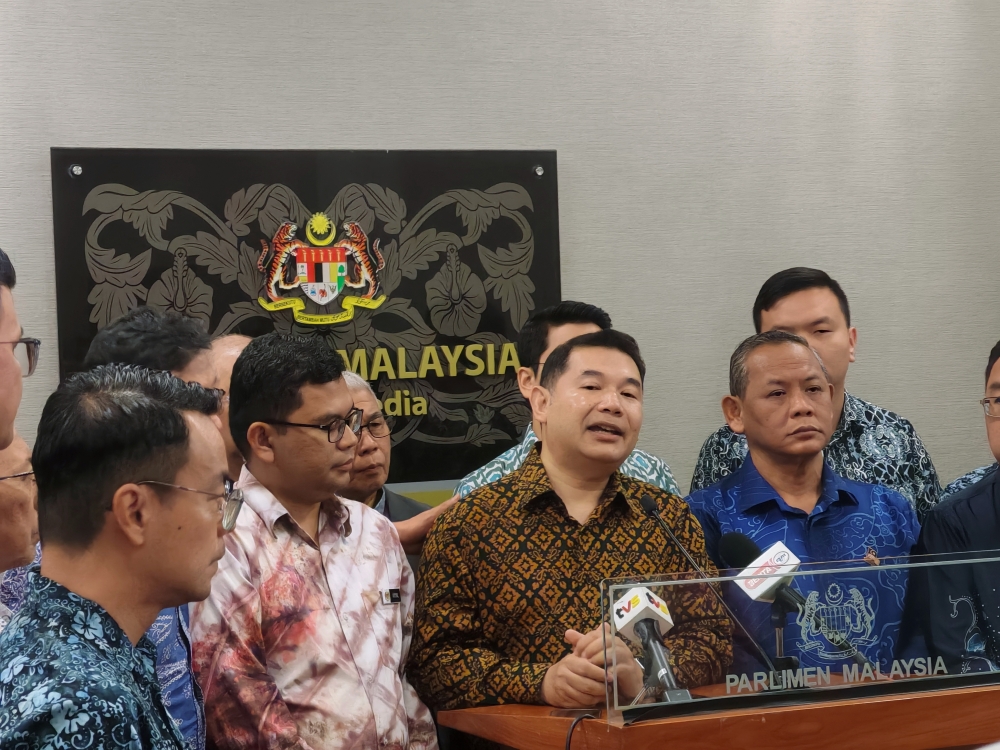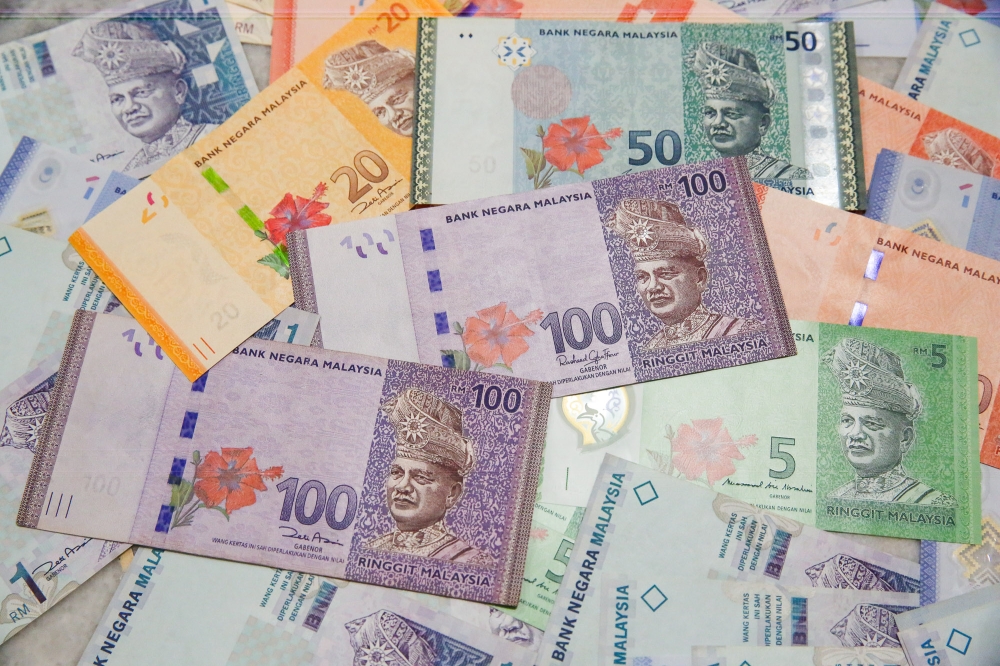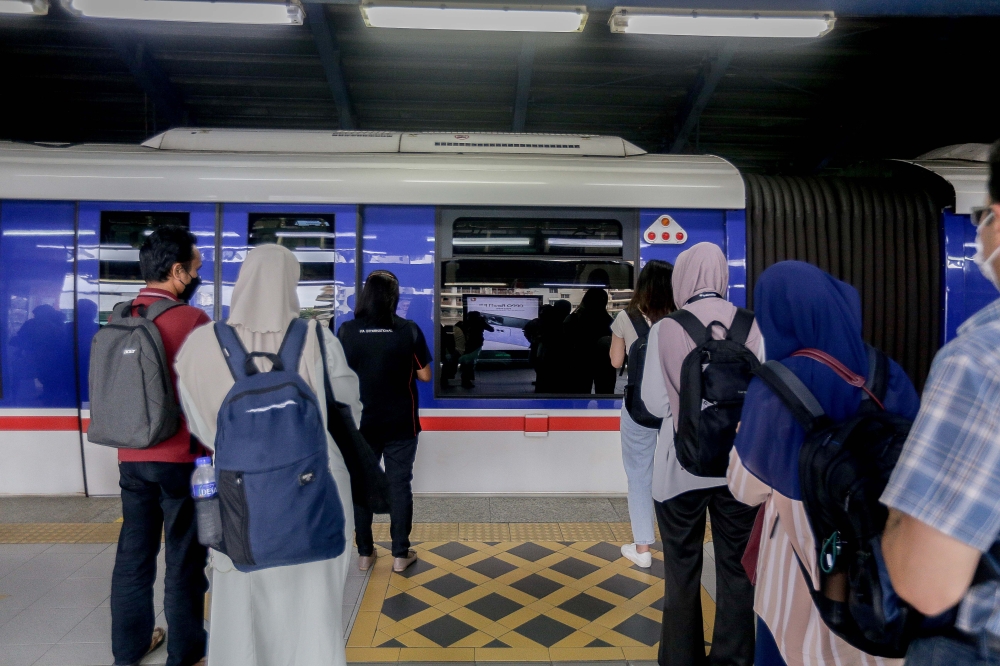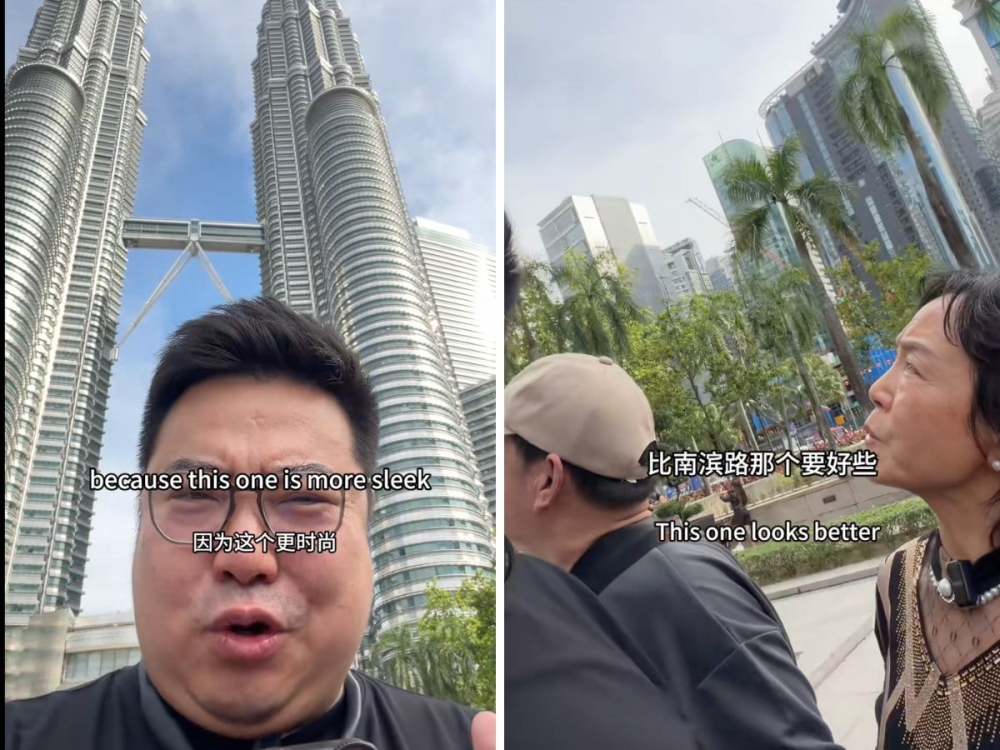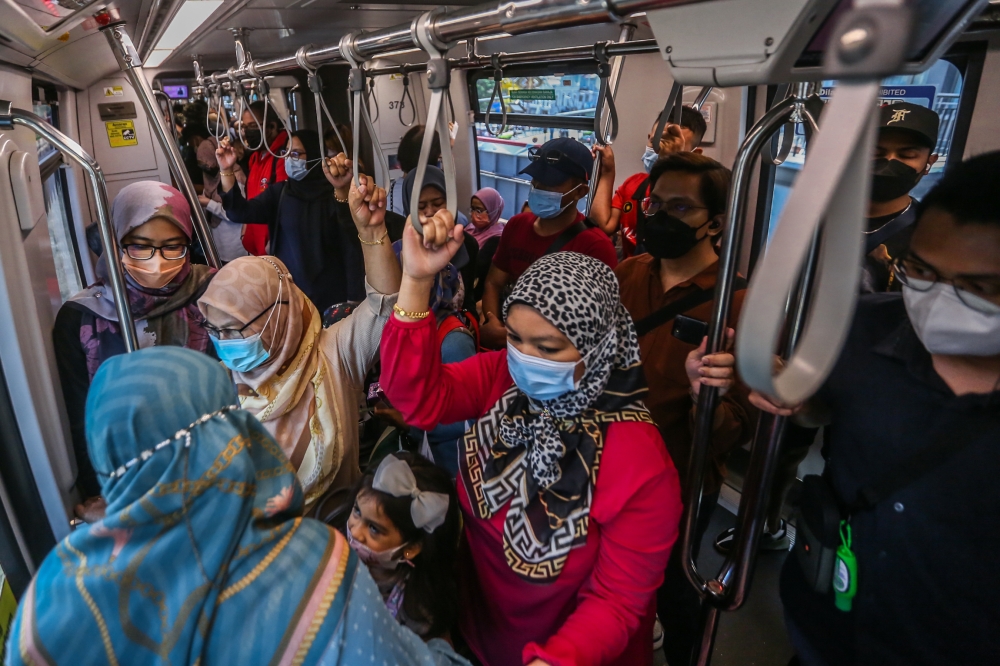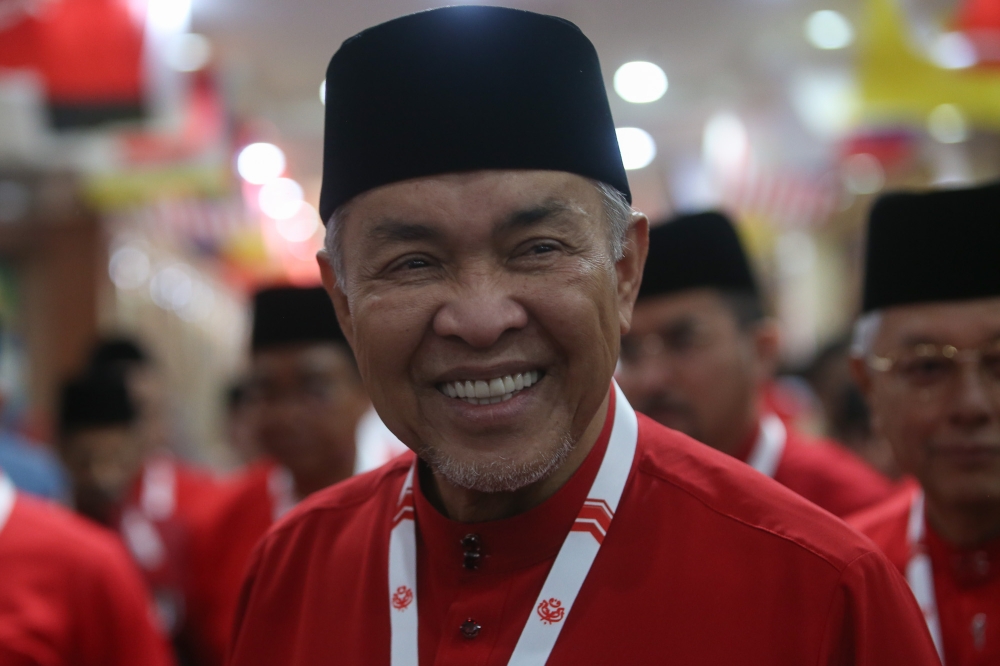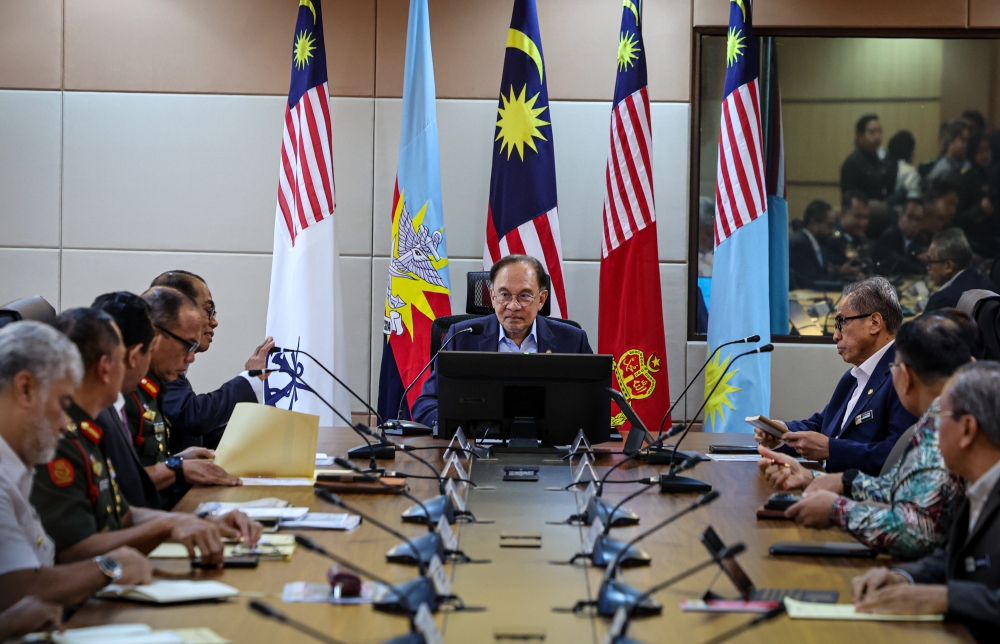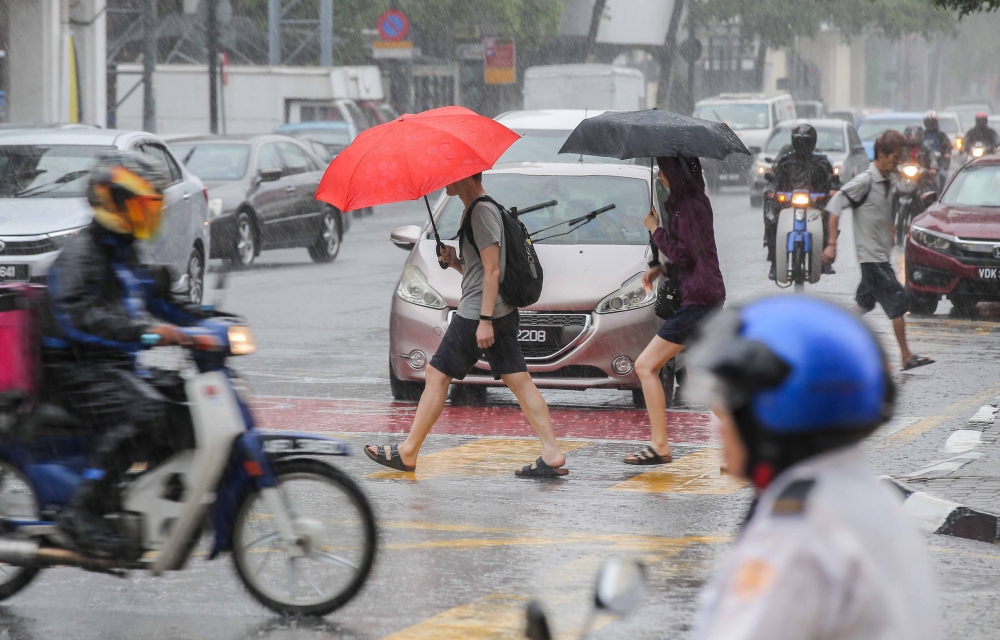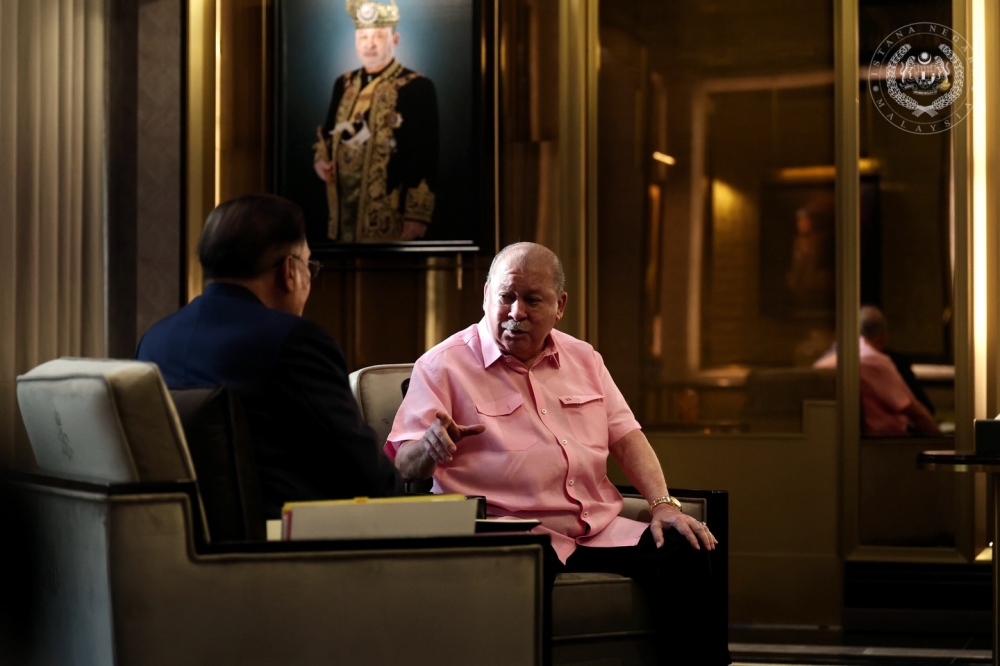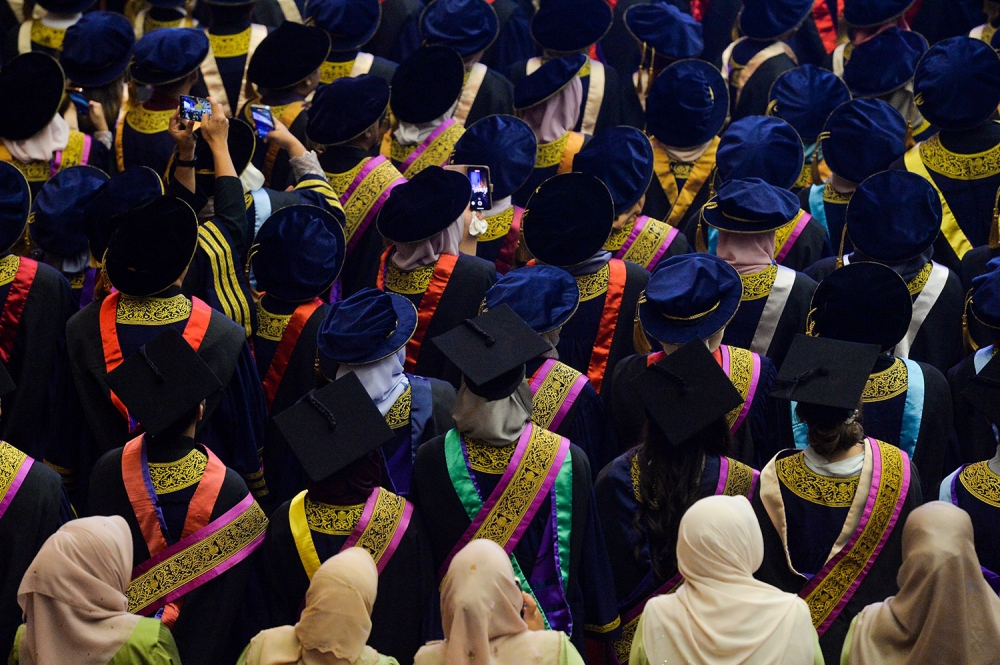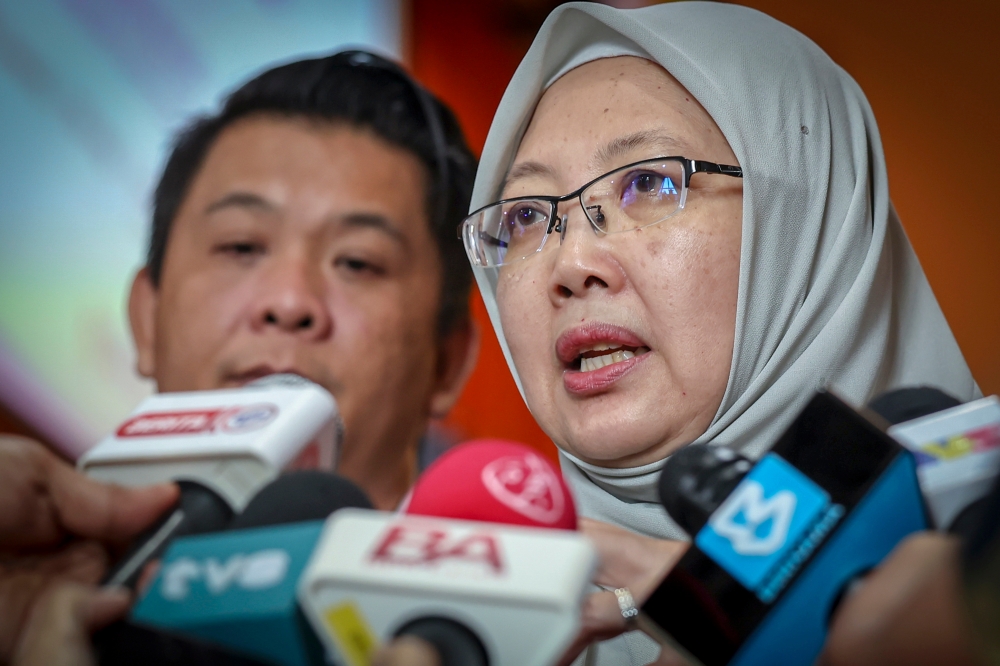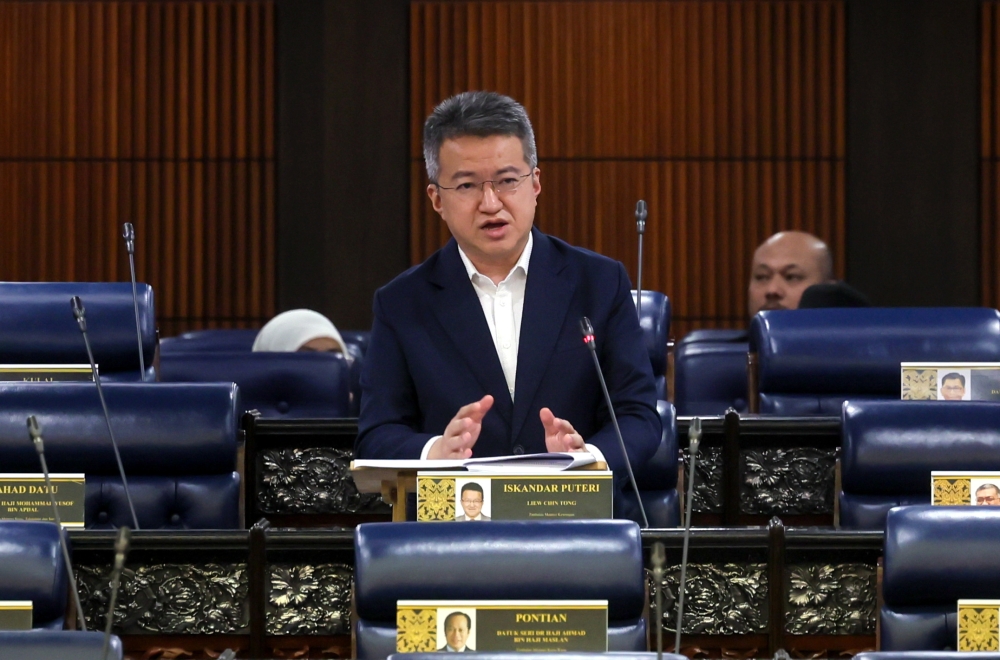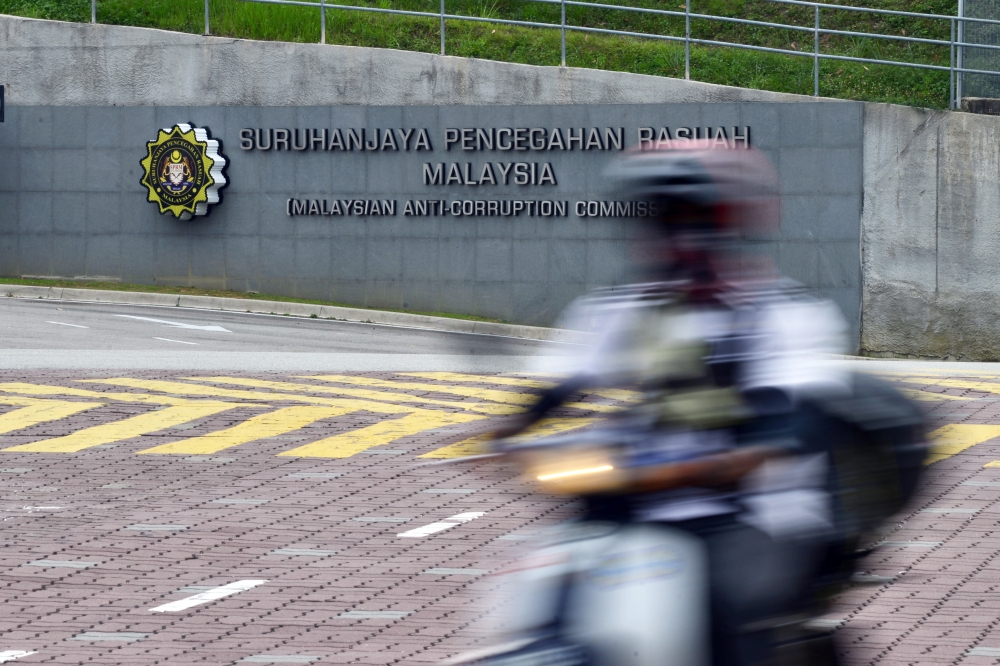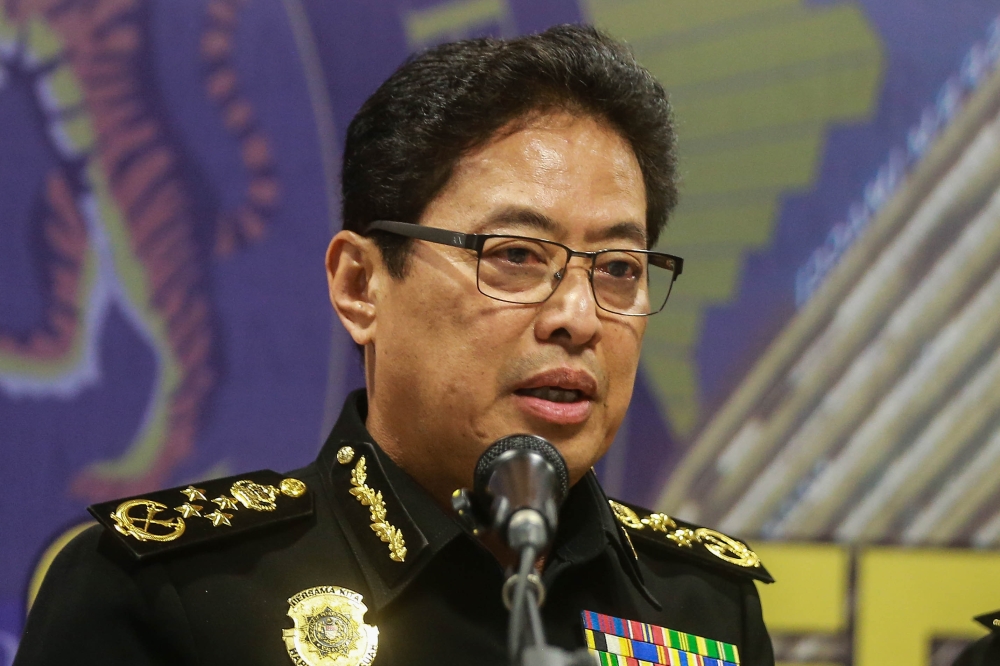KUALA LUMPUR, June 29 — The Health Ministry has revised its existing standard operating procedure (SOP) following the World Health Organisation's (WHO) declaration on the end of the global emergency status for Covid-19 last month.
Acknowledging WHO's declaration of the coronavirus crisis as a “public health emergency of international concern”, Health Minister Dr Zaliha Mustafa said the revision was also based on the present situation assessment of Covid-19 infections in Malaysia.
“Even though several relaxations have been implemented during the transition phase since April 2022, the ministry has enforced various policies and containment measures to curb the spread of Covid-19 infections within the community.
“Therefore, based on the country's successful handling of Covid-19 and the resumption of national health services, the ministry has revised the SOP by referring to the WHO's statement on the transition towards long-term management of the pandemic,” she said in a statement.
Foremost, mandatory mask wearing now applies to positive Covid-19 patients and any individuals during their visit to a health facility in accordance with existing Infection Prevention and Control practice.
Mask wearing is also now greatly encouraged for high-risked individuals such as senior citizens, individuals with chronic disease, pregnant women in crowded areas and areas with limited ventilation.
The wearing of masks is also encouraged for individuals with respiratory distress and in public transportation.
Separately, isolation for confirmed Covid-19 cases would be maintained with the period now shortened from seven days to five days on the onset of initial symptoms.
The revised period is based on studies that showed infectivity level was the highest during the first five days.
The aforementioned policies on mask wearing and isolation procedure come into force on July 5.
Dr Zaliha also said the Declaration of Infected Local Areas within Malaysia — expiring on June 30 — will continue to remain in effect after being extended for another six months until December 31.
She said the extension was necessary to allow the enforcement of provisions under the Prevention and Control of Infectious Diseases (Measures within Infected Local Areas) (National Recovery Plan) (Transition Phase to Endemic) Regulations 2022.
“This is necessary since there is an emergent risk of new Covid-19 variants and subvariant.
“Besides that, mass gatherings are expected to take place during the upcoming Hari Raya Aidiladha celebrations and state elections that risk contributing towards the rise in cases and burden the existing health system if preventive and control measures are not properly enforced,” she said.
On May 5, the WHO ended the global emergency status for Covid-19, more than three years after its original declaration on January 30, 2020.
However the agency said the end of the emergency did not mean Covid-19 was over as a global health threat.

